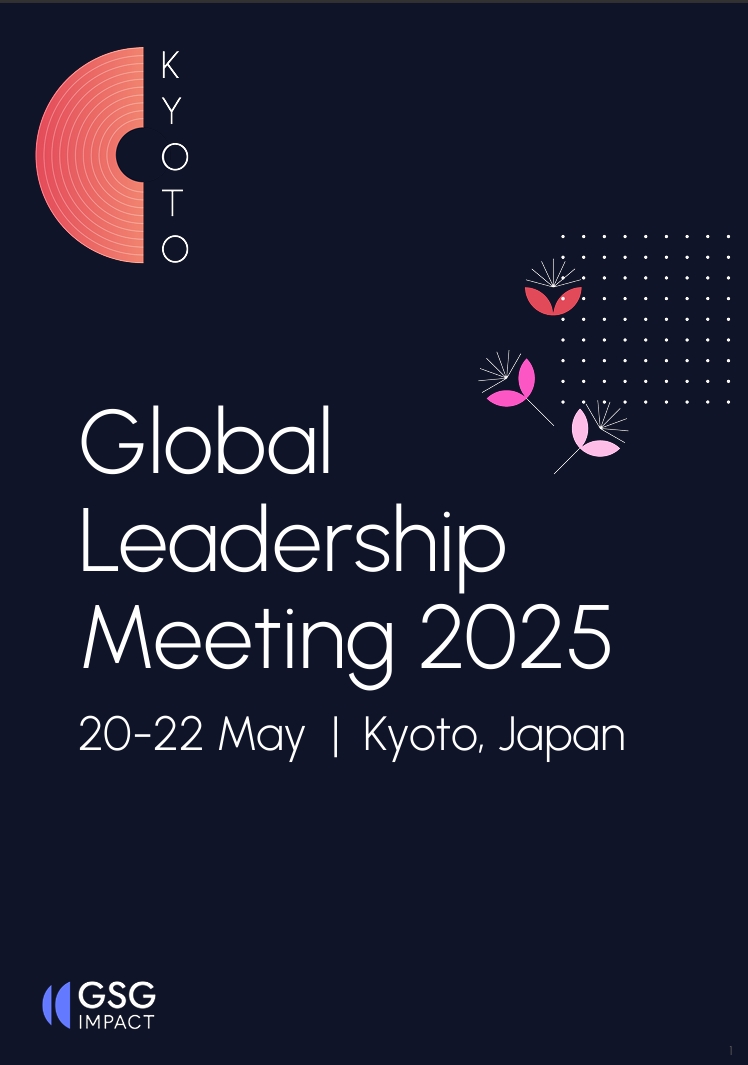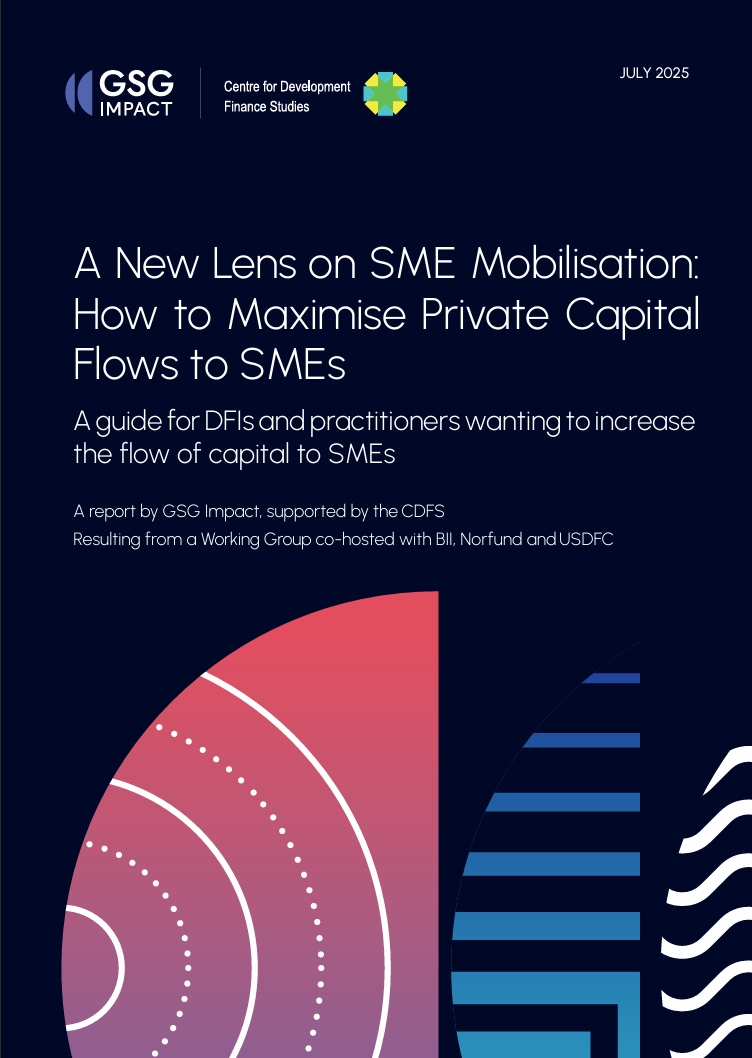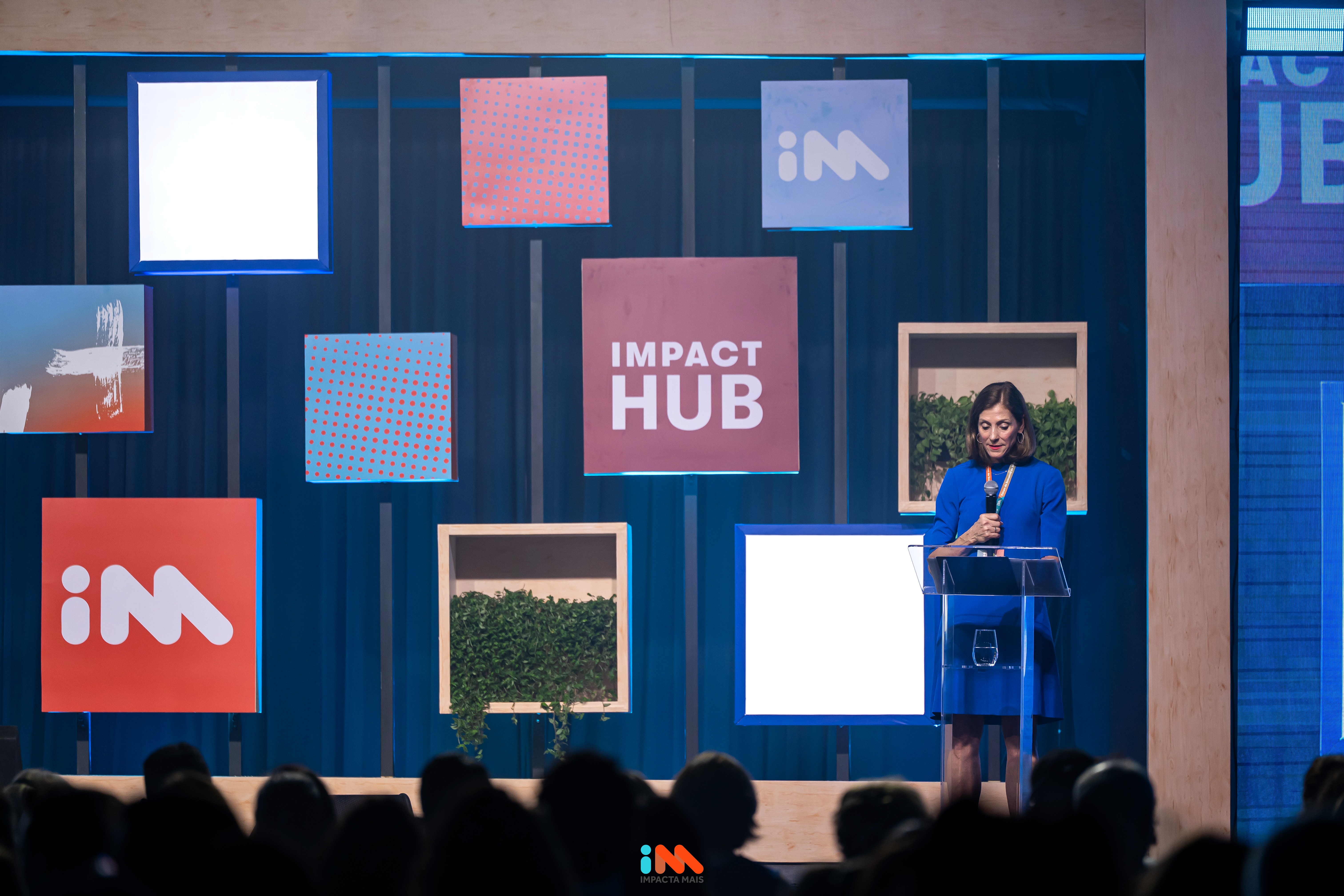
The SDG and Just Transition financing gap has increased, and capital is still failing to go where it is needed, at the volumes required.

The COVID-19 pandemic has widened the financing gap to meet the SDGs, with the world also off-target to meet the 1.5C temperature increase goal laid out by the 2015 Paris Agreement. An estimated $40-60 trillion is needed over the next five years alone to address pressing environmental and social challenges.

Climate finance broke through the $1 trillion mark in 2022, but remained a fraction of fossil fuel subsidies that still amount to $7 trillion as economies contend with inflation and the impact of conflict in Ukraine on energy supply.

Renewed market volatility and rising interest rates have put pressure on investor appetite for EMDE assets, meaning that international investment is failing to reach the geographies that need it most. Only 13% of global climate finance is going to EMDEs and private finance to EMDEs (excluding China) is estimated to have declined by 22% from 2021 to 2022.

Governments and institutional investors have acknowledged the importance of a Just Transition to Net Zero. However, initiatives have yet to deliver on promises and have largely failed to integrate social considerations (i.e. the ways in which climate change will affect jobs, access to water, food, and other resources, human security and livelihoods) into environmental and climate targets.
There will never be enough public money to achieve the UN Sustainable Development Goals and ensure a Just Transition. That was the starting point for The Impact Taskforce’s (ITF) work two years ago and it is as true today as it was then. In contrast, upwards of $230 trillion is traded annually in the capital markets and institutional investor appetite to deploy capital into investments with environmental, social, and governance (ESG) and impact objectives is growing.
The inescapable conclusion is that only private capital, often layered with public or philanthropic capital, has the capacity to support projects and initiatives that will drive the world towards Net Zero and ensure that no one is left behind.
View the Japanese translation of the report here. Thanks to the efforts of SIMI (English); SIMI (Japanese only).
No Content Set
Exception:
Website.Models.ViewModels.Components.General.Authors.AuthorComponentVm








